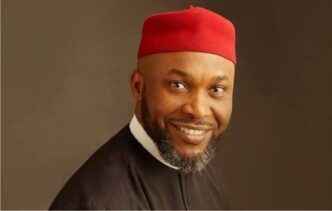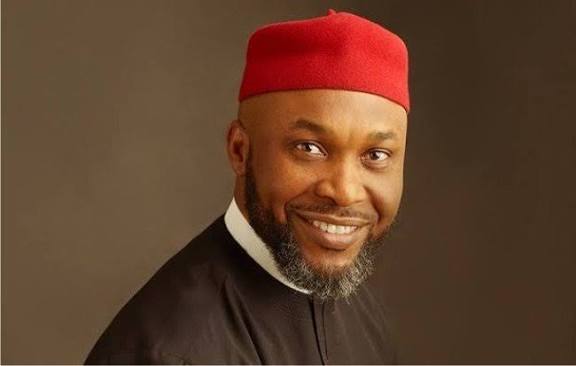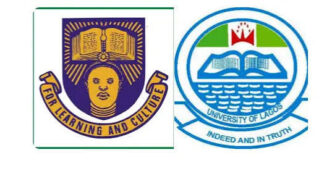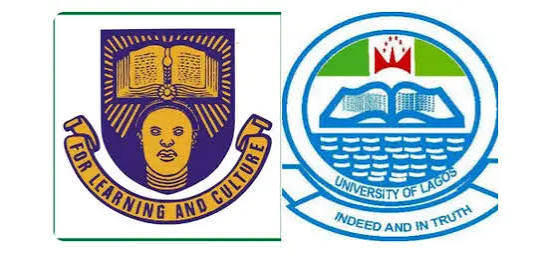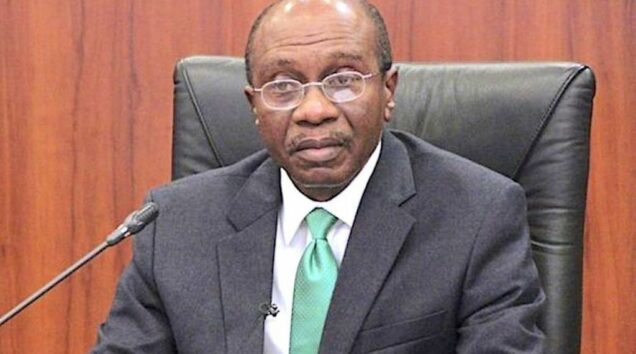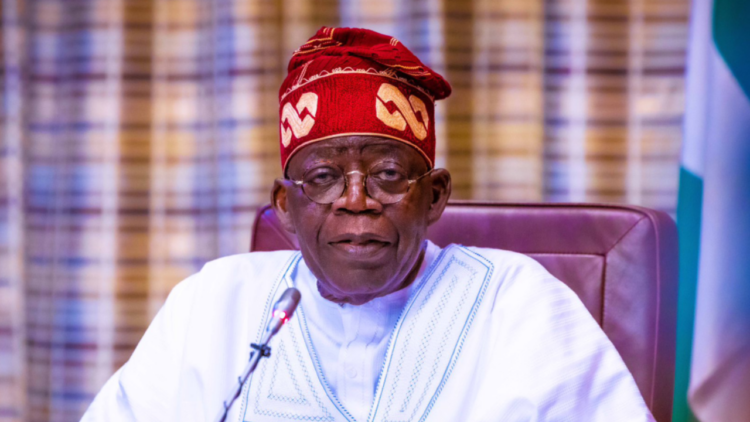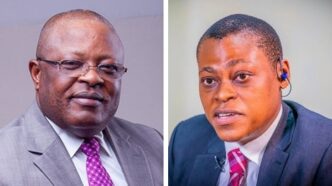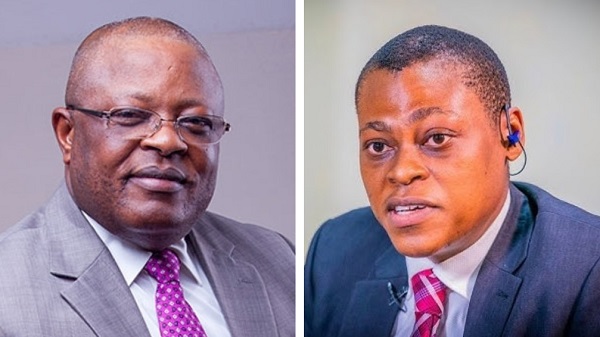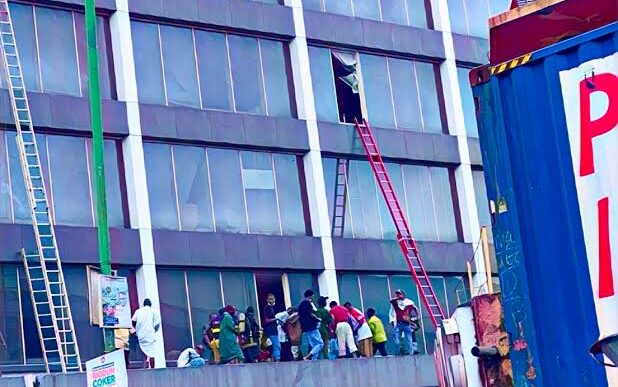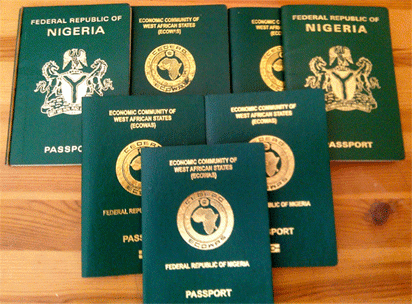Former Minister of Aviation and Chancellor of the Athena Centre for Policy and Leadership, Osita Chidoka, has said that the major threat to Nigeria’s democratic process stems from weak institutions rather than failures in electoral technology.
Gatekeepers News reports that speaking in Abuja on Monday during a review of the Independent National Electoral Commission’s (INEC) technological innovations from 2015 to 2025, Chidoka emphasised that while digital tools have advanced Nigeria’s elections, institutional fragility continues to undermine progress.
The event, themed “Innovation in Electoral Technology 2015–2025: Gains, Gaps, and the Road Ahead,” also featured the launch of the Athena Election Observatory, an initiative to track electoral reforms and governance trends across Africa.
The gathering brought together experts, policymakers, and civil society representatives to evaluate a decade of technological use in Nigerian elections and explore pathways for strengthening transparency before the 2027 general polls.
Chidoka highlighted that credible elections depend more on strong systems than on devices. He said, “Institutions, not individuals, make democracy work. When institutions are weak, the system becomes personalised and unaccountable.”
He warned that democracy risks collapse when the electoral umpire loses its neutrality, adding, “We must ensure the umpire is not seen as a player. Without transparency, democracy becomes a shadow of itself.”
Citing findings from Athena’s studies and a joint NOIPolls survey, Chidoka noted that most Nigerians view electoral technology as vital to credibility but stressed that its effectiveness depends on enforcement and openness.
He urged amendments to the Electoral Act to make BVAS, IReV, and ERMS legally mandatory and called for penalties where they are not used.
He further recommended ward-level result uploads, post-election audits, upgraded INEC servers, and telecom partnerships to enhance efficiency.
Chidoka also proposed the creation of a “Digital Election Corps” for professional ICT management and urged INEC to publish accreditation data in real time and communicate transparently during system disruptions.
While referencing examples from the Philippines, Mexico, and Kenya, he encouraged Nigeria to adopt global best practices to strengthen credibility and reinforce its leadership in electoral innovation.

